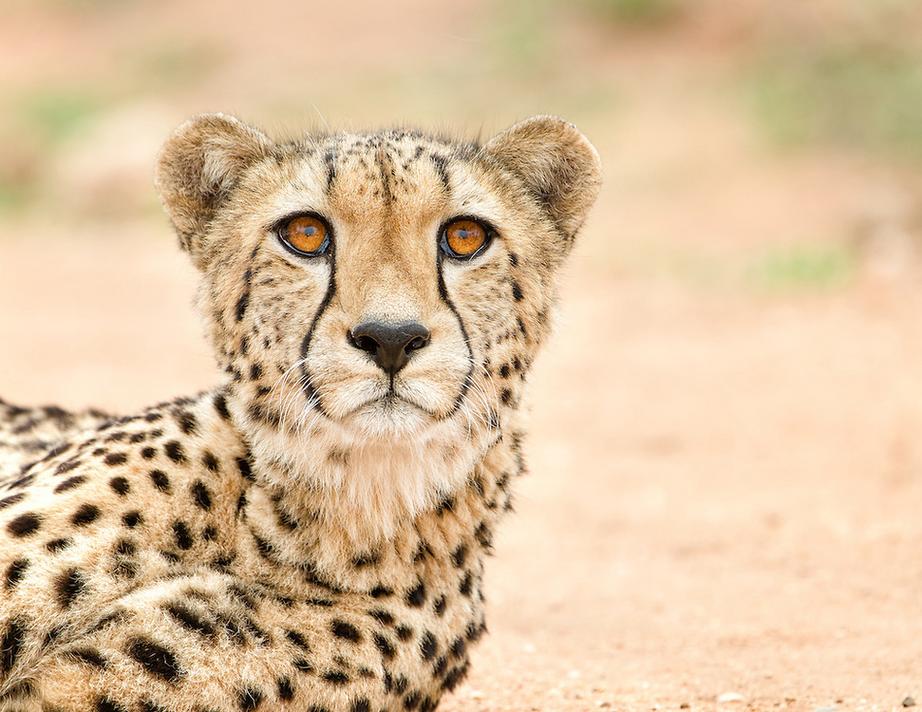Conservation group African Parks to look after West African wildlife
African Parks, a conservation NGO that manages protected areas in eight African countries, says it will work with the government of Benin over the next 10 years to protect Pendjari National Park and the wildlife living there.
- The 10-year agreement includes funding of $26 million.
- African Parks and the government of Benin aim to double wildlife populations in the park by training guards and shoring up protections from poaching.
- The effort will create some 400 jobs and benefit the overall economy, say representatives of the government and the NGO.
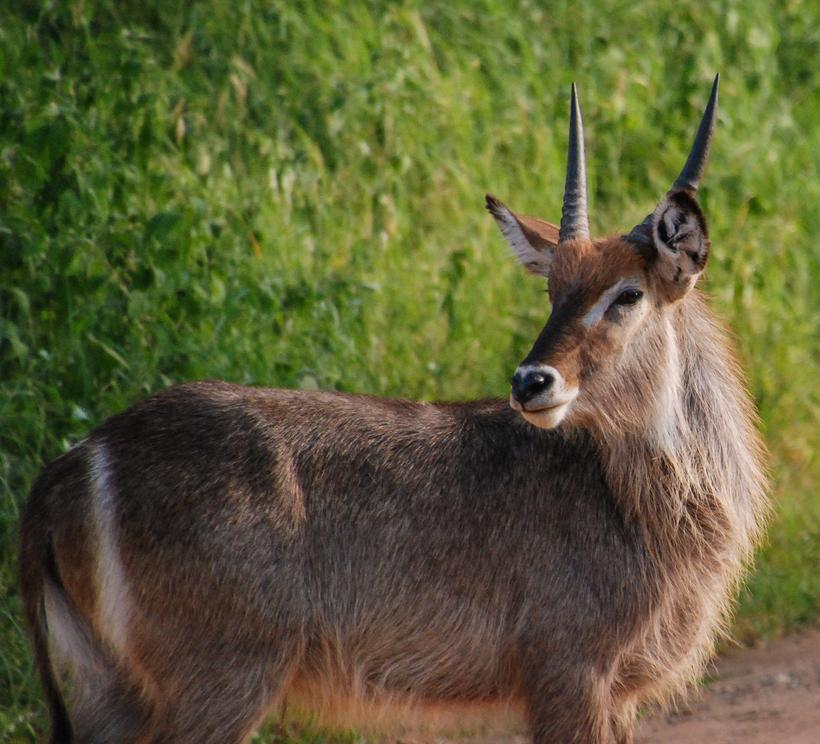 by John C. Cannon
by John C. Cannon
The conservation NGO African Parks has signed an agreement with the government of Benin to rejuvenate a little-known park in the West African country of Benin. The organization will help manage Pendjari National Park, part of the W-Arly-Pendjari – or WAP – complex connected with reserves and parks in two adjacent countries.
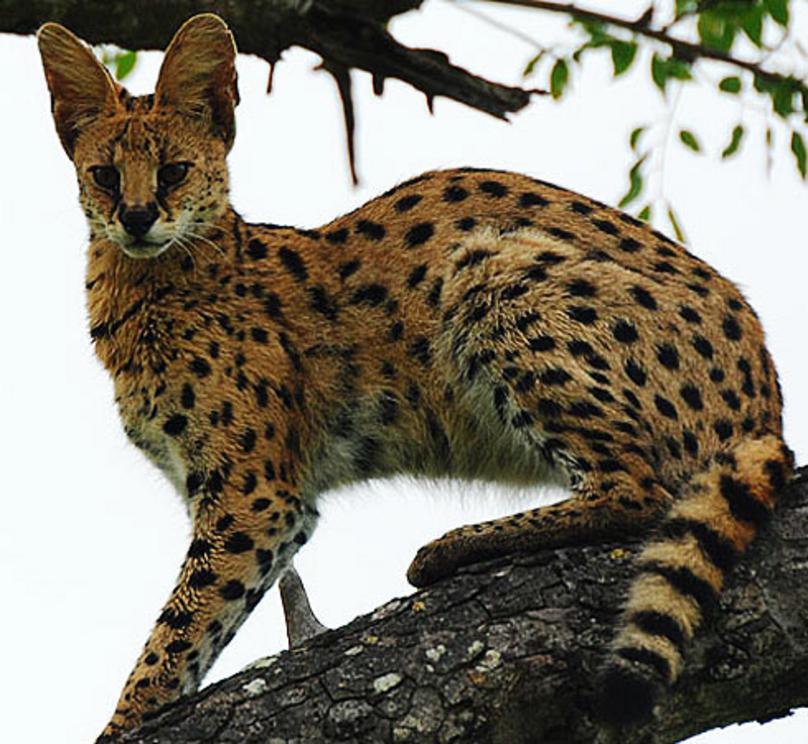 Serval
Serval
“It’s a critical and progressive moment for conservation and the entire region,” said Peter Fearnhead, the CEO of African Parks, in a statement from the organization. “Pendjari along with the WAP complex is arguably the most important wildlife area and largest intact and functioning ecosystem left in all of West Africa.”
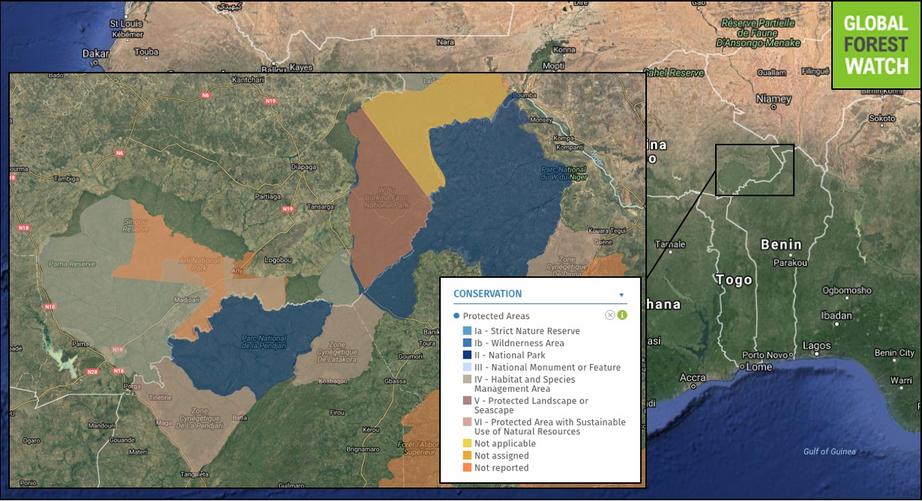
Data from the World Database on Protected Areas accessed through Global Forest Watch shows the location of Pendjari National Park, as well as adjacent protected areas in Burkina Faso and Niger.
At 4,800 square kilometers (1,853 square miles) according to African Parks, Pendjari is home to some of the continent’s best-known species, such as elephants (Loxodonta africana), leopards (Panthera pardus), and lions (Panthera leo), along with lesser-known animals such as waterbucks (Kobus ellipsiprymnus defassa). The mix of woodland and savanna stretches into the neighboring countries of Burkina Faso and Niger.
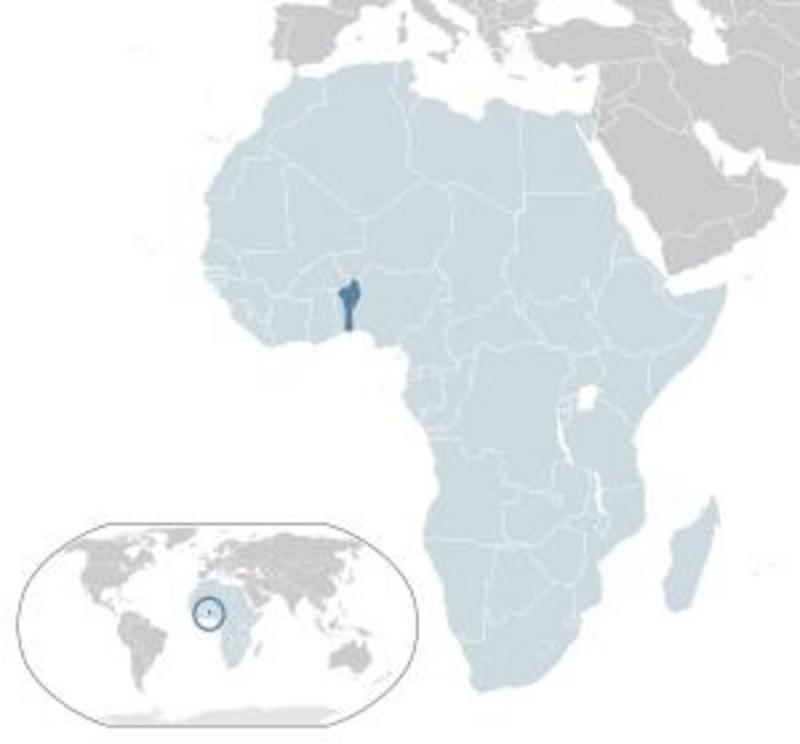
But the local human population is growing around Pendjari, and poaching has become a problem for the park’s wildlife. To address those issues, African Parks and leaders in Benin have secured $26 million in funding for the next 10 years to train guards, expand ecotourism in the park, and provide regular counts of resident animal populations.
“Pendjari National Park is an exceptional reserve, which requires us to act quickly to protect and [revitalize],” said José Pliya, director of Benin’s National Agency for the Heritage and Tourism, in the statement. “Through this partnership, we intend to reveal its full potential.”
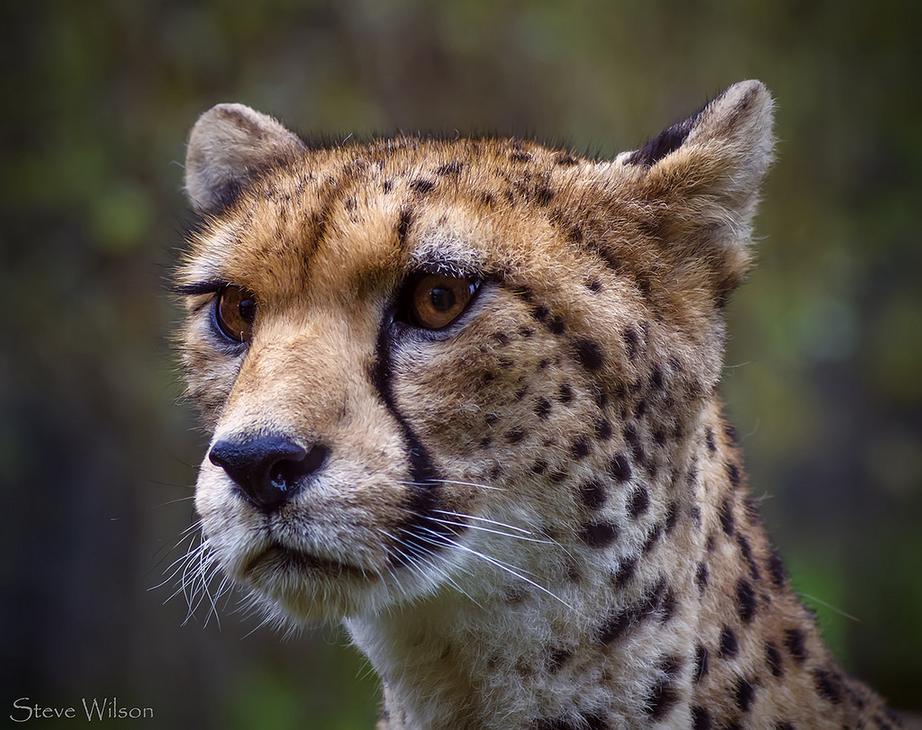
The Saharan cheetah (Acinonyx jubatus hecki) is one of the rarest cats in the world, with some 250 adults spread over four countries, including Benin. Photo © Steve Wilson [CC BY-SA 3.0] via Flickr
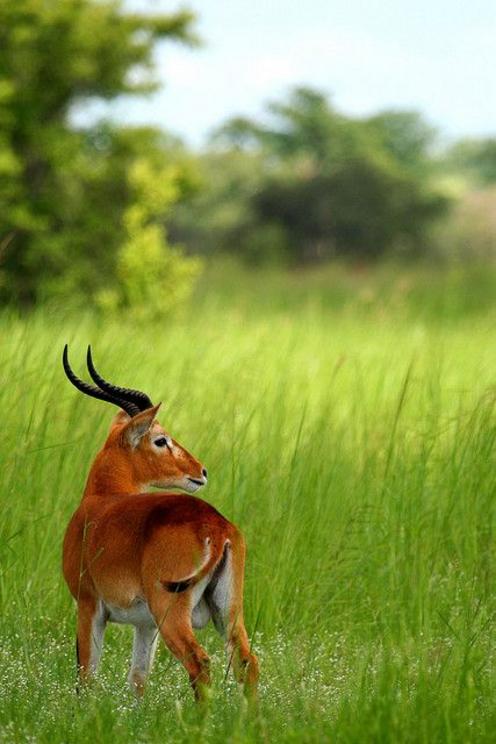
African Parks and the Beninese government have set a goal of doubling the park’s wildlife numbers in the timespan of the project. Of particular interest are lions, belonging to a Critically Endangered West African subpopulation, and the Northwest African cheetah (Acinonyx jubatus hecki), which African Parks calls the statement calls the park’s “prize species.” The results of an IUCN inventory published in 2008 found that at most 250 adult cheetahs live in four North and West African countries. Sometimes also called the Saharan cheetah, it’s also listed as Critically Endangered.
Part of the funding will go to the construction of fences, roads and airfields, in addition to guard training, to bolster the park’s defenses against poaching. African Parks works with seven other governments to manage some 65,000 square kilometers (26,097 square miles) of parks and reserves.
Investment in Pendjari is one of 45 projects as part of the Revealing Benin program, launched in 2016 by President Patrice Talon’s office to boost the country’s economy. The National Agency for the Heritage and Tourism will head the initiative in Pendjari.
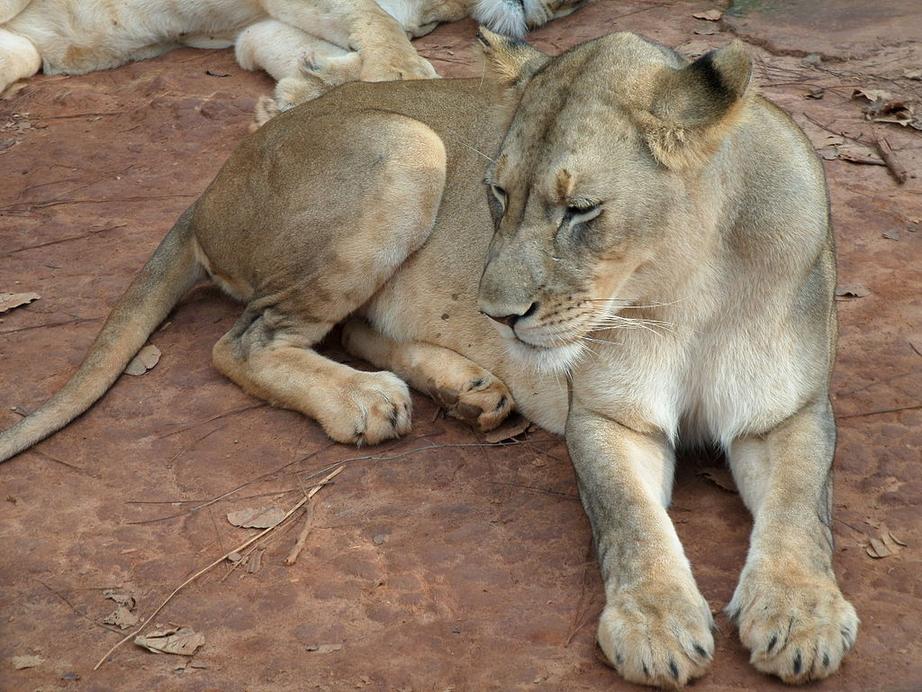
The West African subpopulation of African lion (Panthera leo), found in Pendjari National Park and pictured here in Cameroon, is listed as Critically Endangered by the IUCN. Photo by Fawaz.tairou (Own work) [CC BY-SA 3.0], via Wikimedia Commons
With a gross national income of less than $2,000 per person, Benin ranks 167 out 188 countries on the UN’s Human Development Index. Economic gains are expected to ripple outward from the park as a result of invigorating the tourism sector, the statement said.
One of the aims of the project is to create around 400 jobs, many of which will be guides, drivers and reception staff at the park’s lodge, the statement said.
“We will put in place the necessary structures to preserve the fauna and the flora, but also make its development sustainable,” Pliya said. “It is a project of conservation, sustainable tourism and social development.”
For the rest of this article please go to source link below.
For full references please use source link below.

